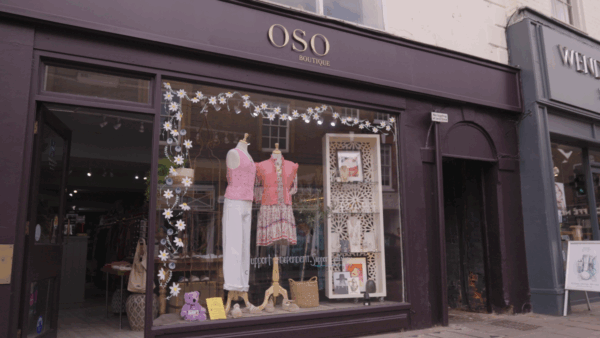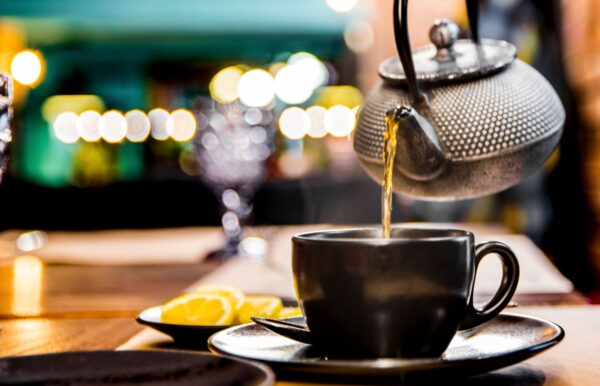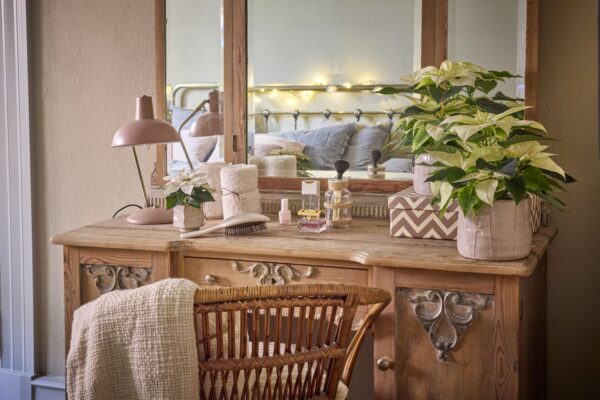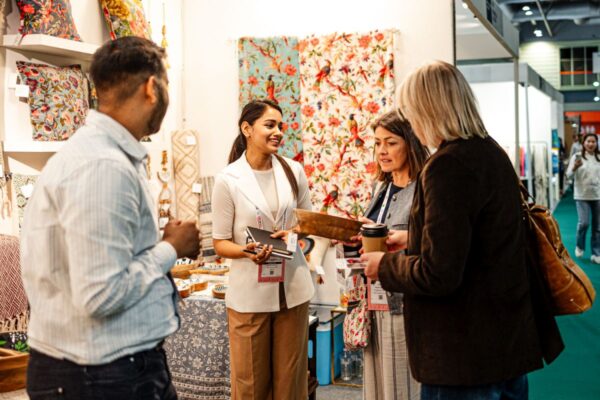 Alan Monahan writes: Mary Portas. Now there’s a name to conjure with – and one you may not have heard or glimpsed of late.
Alan Monahan writes: Mary Portas. Now there’s a name to conjure with – and one you may not have heard or glimpsed of late.
My only slight connection with the retail guru is that we both grew up in the same part of Hertfordshire. I’ve never met or spoken to the woman, but that won’t stop me talking about her.
I’m guessing that there’s something about Mary that leads people to hold strong opinions about her, although I wouldn’t say she’s a Marmite character. What isn’t in doubt is that the woman who started her working life with a Saturday job in Boots has not only raised her own profile – to celebrity status – but also that of our industry.
It hasn’t been roses all the way. The government-backed Save the High Street campaign was branded a failure after the Local Data Company revealed that the 12 towns described as being under her watch had lost nearly a thousand shops in five years, with the rate of store decline reported to be similar to the rest of the country.
These towns had been allocated a portion of a £1.2m grant, as well as support from Mary and ministers in an attempt to transform them into successful retail hubs.
Following that revelation, Mary accused the government of using her campaign as a PR exercise (a claim already made by some people) to create the impression that efforts were being made to revive our high streets, when in fact no policies were created. I have some sympathy: she may have been a little naïve in some respects, but did her best. And although there were individual success stories, bad publicity overshadowed those. A pity.
But you can’t keep a good woman down and as well as running her own brand consultancy and creative communications agency, Mary has been regaling readers of the i newspaper with her views about retail … and in particular, women in retail who, she says, make up 60 per cent of the employees.
‘Yet only 10 per cent of executive positions on the boards of retailers are held by women. How the hell has this happened?’ she asks. ‘You only need to look at department stores to see what effect this has had. Twenty years ago, for many women, department stores were a destination to meet friends and spend time in. Fast-forward 20 years and many of those stores have not innovated or moved with the times. Was anybody that surprised when BHS announced they were closing their doors? And what about the House of Fraser and Debenhams store closures – it was sad to hear, but was it shocking? I don’t think so.’
Mary goes on to tell i readers what the consumer of today wants – ‘real experiences and connection’, and ‘the retail experience of the future’. I think most of us have heard that message any number of times in the past few years. But how do we create that?
‘You have to understand women,’ she argues. ‘What makes them tick, what connects to them and what excites them. So isn’t it odd that most retail boards are run by men?’
I think we get the picture. But hasn’t Mary overlooked the biggest reason why stores continue to close? Of course you know the answer – online shopping.
That said, I have to hold my hands up and say that I may be missing a trick here as it’s not only retailers that are getting some stick regarding equality, but brands across Britain too!
According to Amy Cashman, Kantar’s UK managing director, they are risking their customer relationships and impacting their brand value by failing to correctly reflect, represent and champion women in their marketing and advertising efforts. Its study, What Women Want?, reports that despite an increased focus, driven by movements like #MeToo, major brands are still not effectively acknowledging women’s priorities, or communicating with women in an empowering manner at every step of the customer journey.
What’s more, it seems to be costing them as Kantar says that brands that do promote gender-balanced marketing are worth £774bn more!
I’m still not sure though that I go along with Mary’s assertion that male-heavy financial departments and ‘the alpha culture that dominates the industry’ is suffocating the vision and creativity that retail needs to survive.
She cites the restructuring of her own company around five years ago – ‘to reflect the values I hold dear as a woman’ – rebuilding their model around ‘competency, creativity, empathy, instinct, collaboration and trust’ to ensure everybody had a voice.
‘We only have to look at the high street and the likes of Mike Ashley to see if one person gets too much power, that only a few will benefit.’ And in an industry where women make most of the purchases and contributions to staffing, she questions how men like Philip Green continued to rule at ‘an eye-watering level of power’. The answer is simple, she says: ‘The world of work was built by men, for men.’
Surely that’s simplistic, as is her selection of Ashley and Green. Yes, there should be more women in executive positions on the boards of retailers. However, Britain does have brilliant male bosses and board members who are both creative and visionary and don’t just care about the bottom line. I’ll need more evidence to convince me otherwise.
So, do I think that Mary Portas is a good thing? You bet I do. She may never become a national treasure, but I love her for being passionate about retail, even though I don’t agree with everything she says.

















